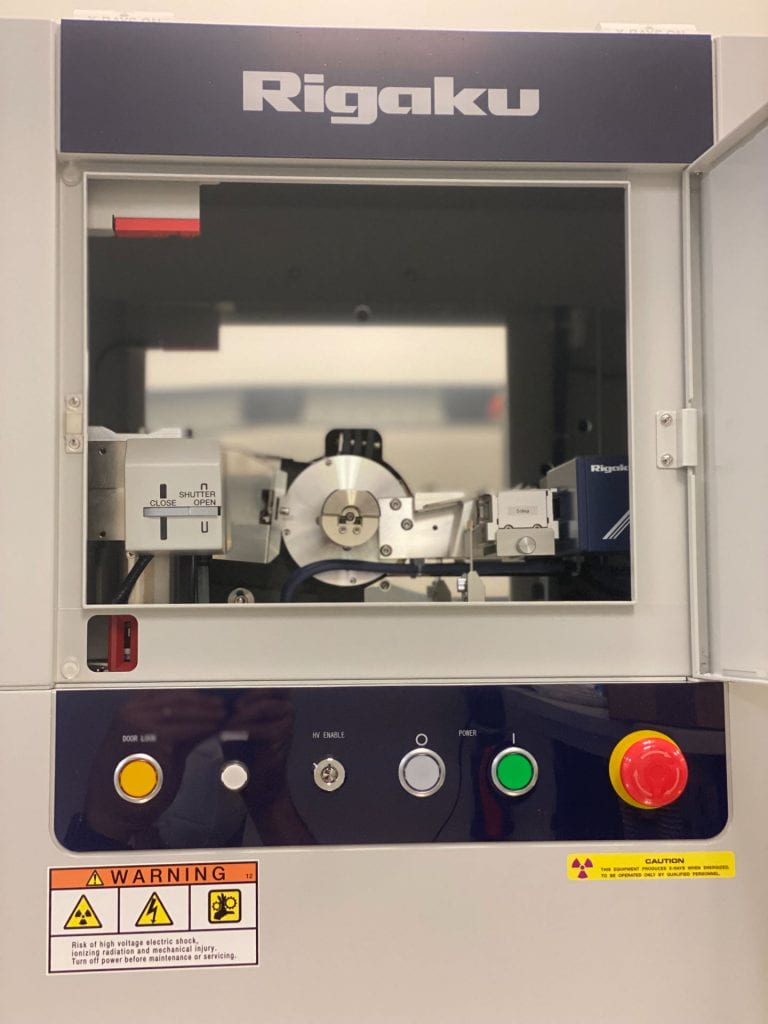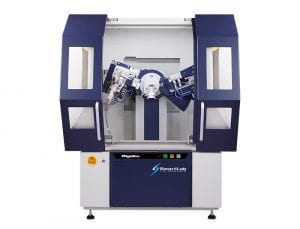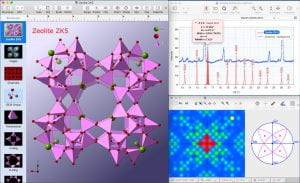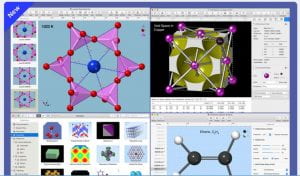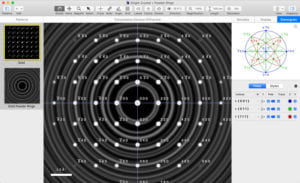
The MCF has purchased the crystalmaker software suite for the GT community. This software suite can model and simulate diffraction data, simulate diffraction patterns, and more. OIT will be updating the software codes for download, but you can also reach out to David Tavakoli (atavakoli6 @ gatech.edu) using a GT email address.
Crystalmaker lets you simulate x-ray, neutron or TEM diffraction patterns from single crystals – and compare with observed data in the same window. SingleCrystal interfaces with CrystalMaker, so as you rotate a crystal structure in CrystalMaker, its simulated diffraction pattern and stereographic projection rotate in SingleCrystal. SingleCrystal features easy measurement and auto-indexing tools, high-resolution graphics and powerful data output. The software runs natively on Apple Silicon as well as older, Intel systems (Universal Binary).
The codes will shortly be able to be downloaded from the OIT website, but can be requested from David Tavakoli (atavakoli6 @ gatech.edu) if mailed from a Georgia Tech email address.

